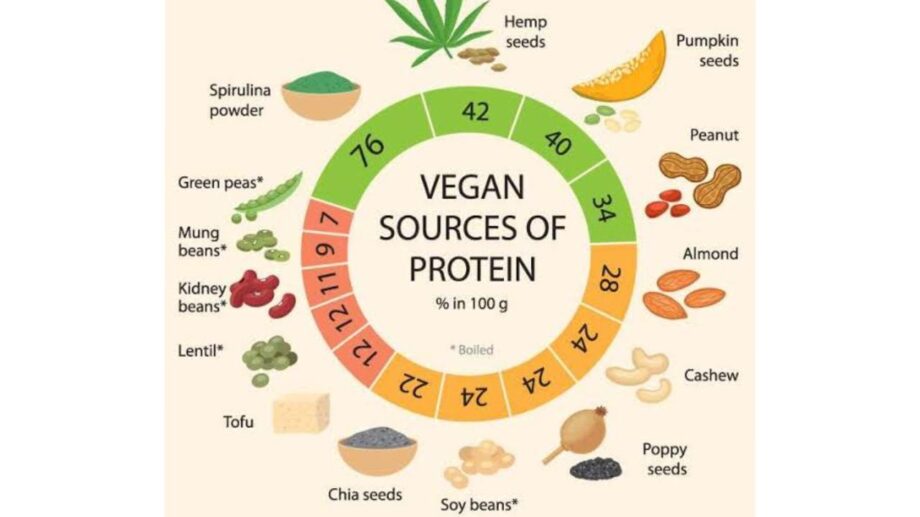Many people all around the world are switching to plant-based diets in order to live more sustainably, which is also good for their health.
Shikha Dwivedi, a nutritionist on staff at OZiva with an MSc in clinical nutrition and dietetics, claims that compared to animal-based sources, plant-based proteins carry a lower risk of getting the disease. “They are also better at decreasing cholesterol and controlling blood sugar. Additionally, plant-based alternatives are more effective for those trying to lose weight, according to her.
The expert continues that one of the biggest advantages of plant-based proteins is that they have “a reduced adverse influence on the environment due to the lower carbon footprint”. Compared to animal proteins, these proteins are digested by the body more quickly and with less effort.
What further health advantages exist?
According to Dwivedi, plant-based proteins are “endowed with a wide spectrum of important elements” that oversees the “all-around growth of the body,” such as vitamins, fiber, minerals, etc.
Here is a checklist for you if you’re thinking about including them in your regular diet:
* Chia seeds: Every two tablespoons of these tiny protein bombs has roughly 3.5 g of protein. They are also an amazing source of iron, zinc, and calcium.
Quinoa is referred to as the “absolute protein.” The nine essential amino acids are found in fewer amounts in most plant-based diets, however, quinoa contains a high concentration of amino acids and provides 8 g of protein per cup.
* Hemp seeds: Due to their versatility, hemp seeds can be ingested in a variety of ways and contain roughly 6.5 g of protein in two tablespoons. They can be included in salads, smoothies, and veggie bowls.
* Oats: Whole rolled oats, which offer up to 11 g of protein per cup, are a fantastic source of protein. They are a fantastic source of carbs as well.
* Broccoli: A cup of broccoli has about 4 mg of solid protein, making it one of the vegetables with the highest protein content.
Despite the fact that most beans are packed with protein, lentils come in first with roughly 18 g of protein per cup.
* Plant-based daily supplements: For the greatest benefit, include a plant-based supplement in your daily diet in addition to your usual meals.

